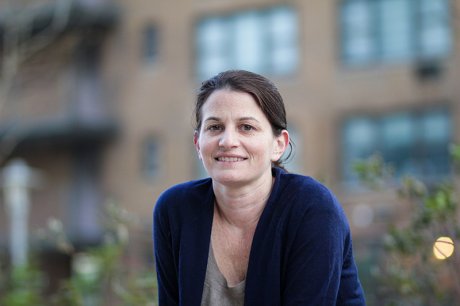
Pratt Center Research
Retrofit Standardization Interim Report: A Promising New Approach to Expanding Residential Energy Efficiency
Report | April 3, 2014
In 2012, the Pratt Center for Community Development launched the Retrofit Standardization Study to test a simplified, scalable approach to implementing energy efficiency upgrades in small residential buildings throughout New York City. Although these buildings are not New York City’s most egregious energy wasters, they comprise two-thirds of the city’s building stock and account for 17% of the city’s carbon emissions.
Retrofitting half of the city’s small homes would save homeowners at least $255 million annually, create over 2,500 jobs, improve indoor health and safety, and preserve the building stock. But achieving this requires a dramatic increase in retrofit implementation; no more than a few dozen small home retrofits are completed annually in New York City under the State’s energy efficiency programs.
To address this, we sought to capitalize on the redundancy in the building stock by developing a standard package of energy retrofit measures based on building typology. We hypothesize that this package can be applied to tens of thousands of small homes while mitigating the pervasive barriers to retrofit implementation, and that the overall standardization approach can simplify, expedite, and accelerate small home retrofits throughout the city. As part of the study we audited 24 similar buildings—two family, masonry, attached, gas heated homes— to develop a simple, cost-effective package of energy efficiency measures.
The study identified a clear set of measures applicable to every building in the study’s sample set. This starter retrofit package has an estimated average cost of only $3,312 with expected annual utility savings of 14% and a Savings to Investment Ratio (SIR) of 1.74. We also found that if additional conditional measures could be added to the package, it would raise energy savings in many homes to 21%.
This Interim Report describes the study’s progress to date, and details our analysis from the last year and a half on a streamlined approach to catalyzing residential retrofits in New York City.

